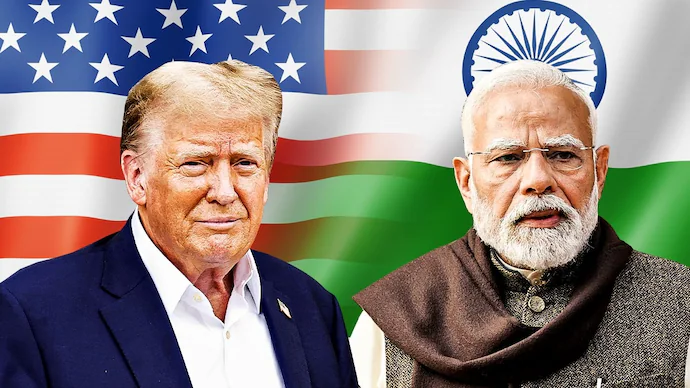New Delhi has paused plans to procure advanced U.S. weapons and aircraft following a sharp escalation in trade tensions triggered by President Donald Trump’s recent tariff hike on Indian exports.

The move marks India’s first concrete response to what officials describe as punitive measures that have strained bilateral relations to their lowest point in decades.
Sources within the Indian government confirmed that Defence Minister Rajnath Singh’s scheduled visit to Washington—intended to finalize key defence deals, has been cancelled.
Among the suspended purchases are Stryker combat vehicles from General Dynamics, Javelin anti-tank missiles developed by Raytheon and Lockheed Martin, and six Boeing P-8I reconnaissance aircraft for the Indian Navy, part of a proposed $3.6 billion agreement.
The tariff dispute erupted after Trump imposed an additional 25% duty on Indian goods on August 6, citing Delhi’s continued imports of Russian oil. This brought the total tariff burden on Indian exports to 50%, one of the highest among U.S. trading partners.
Trump accused India of indirectly funding Russia’s war in Ukraine through its energy purchases.
Despite the freeze, Indian officials say the defence deals could still proceed once there is clarity on the future of U.S.-India trade relations. No formal directive has been issued to halt the procurement, leaving room for a swift reversal if diplomatic conditions improve.
India’s Ministry of Defence has since issued a statement denying reports of a pause, calling them “false and fabricated,” and insisting that procurement is continuing under established procedures. However, sources maintain that talks have stalled, and there has been no forward movement.
The development comes amid broader geopolitical tensions. India, traditionally reliant on Russian arms, has in recent years diversified its defence imports, increasingly turning to Western suppliers.
Yet, the longstanding military partnership with Moscow remains vital, with Indian systems still dependent on Russian support.
While India remains open to reducing its oil imports from Russia, officials say any shift would depend on securing comparable pricing from alternative suppliers, including the U.S.
The broader U.S.-India defence partnership – including intelligence sharing and joint exercises – remains intact, but the current impasse underscores the fragility of strategic ties in the face of economic and political friction.
